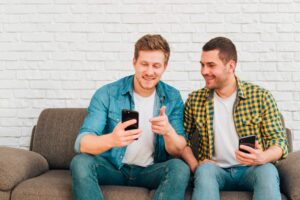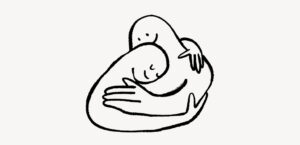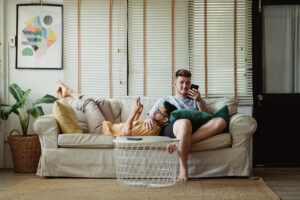Here are a few pieces of disarming statistics: every fifth member of the LGBT community has experienced hate crimes due to their sexuality or gender identity, and every third person with a disability feels disability prejudice on their skin. When you’re both disabled and LGBT, discrimination can come from many sides and people must face barriers every day of their lives. To stand with LGBT disabled people, we need to be good allies and offer our wholehearted support. Here’s how to be a better ally to our fellow LGBT disabled people:
Call for accessibility
Unfortunately, our society is designed to meet only the needs of the majority, which usually includes non-disabled people. Because of this, disabled people are often excluded from events and activities that able people can feely enjoy. This also goes for LGBT events. Due to difficulties with accessing public, commercial and pastime spaces, services and goods, LGBT disabled people often can’t attend protests, marches and parties catering to LGBT communities. Even certain digital spaces don’t feel 100% welcoming to disabled LGBT people.
If you’re attending or running events for the LGBT community, make sure to choose venues accessible to all members of the community. Also, when attending events, don’t hesitate to ask the organization about the steps they have taken to allow all people to attend and enjoy.
Use proper language
Language has tremendous power when it comes to shaping opinions, so make sure to use the right words. Marginalized communities use language to identify themselves and draw empowerment (this is especially true for LGBT and disabled people). Something you will quickly notice is that every LGBT disabled person has their own preferred language and a special relationship with the words they use for referring to themselves. Make sure to be respectful and use the correct terms according to the person’s preferences. Be a good listener and if you’re unsure, just ask questions about terms they prefer. If you want to call yourself an ally to all LGBT and disabled people, you shouldn’t use any ableist, homophobic, biphobic or transphobic words, but you should challenge people that do.
Support LGBT disabled organizations
There are many communities and organizations that help LGBT disabled people, so make sure to support their efforts. There are great independent living communities that accept LGBT people with disabilities and allow them to live independently and happily. These communities require our support and advertisement, so if a disabled person mentions them, you can have plenty of information ready to provide. There are also various charity organizations and collectives that you can support as an ally.
Respect people’s individuality
Every disabled LGBT person is an individual with their own story and experiences. We all deserve to have a voice and identity that we choose for ourselves. Disabilities, sexual orientations and gender identities come in many different shapes, and they intersect in various ways. Just because you know one LGBT person with a disability, it doesn’t mean all disabled LGBT people have the same story, so be respectful and practise your listening.
Keep it classified
No matter if it’s about disability or sexuality or gender, when a person comes out to you, it’s important not to share this information with other people. When people talk to one person about their disability, it doesn’t mean they want everyone to know their story. All information you learn should be confidential, and if you need to share them for some reason, consult with the person and ask for their permission.
Take learning seriously
Every true ally is dedicated to learning about marginalized people. However, make sure to be mindful of where you go for information. A disabled LGBT person is not obliged to be your teacher just because you’re willing to ask questions. Be sensitive, follow the person’s lead and never ask questions that are too personal. There are many valuable things you can learn from LGBT disabled people directly, but you can also do your own research online to expand your knowledge.
By creating proper allies, hopefully, we can build sturdy bridges between all members of the LGBT community and connect with people LGBT people living with disabilities on a deeper level.



